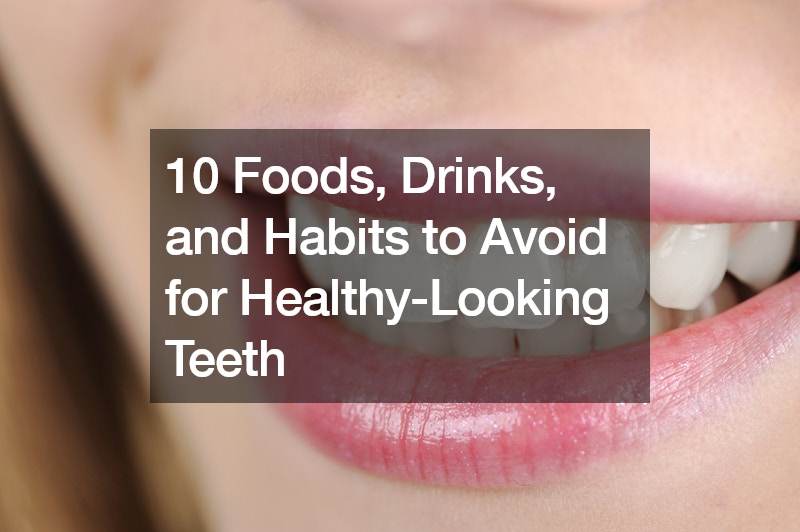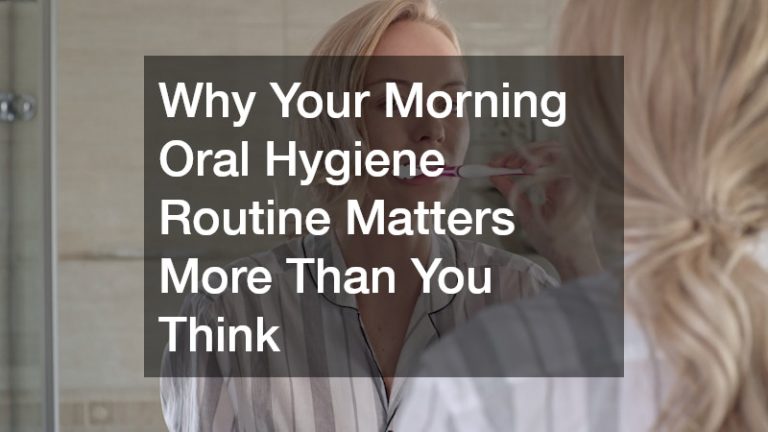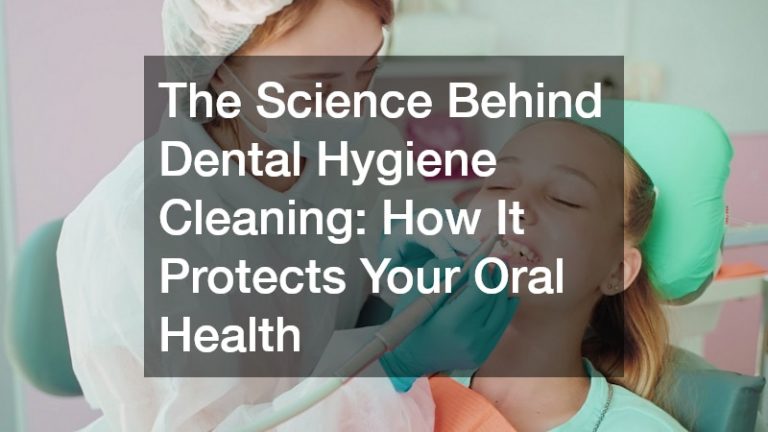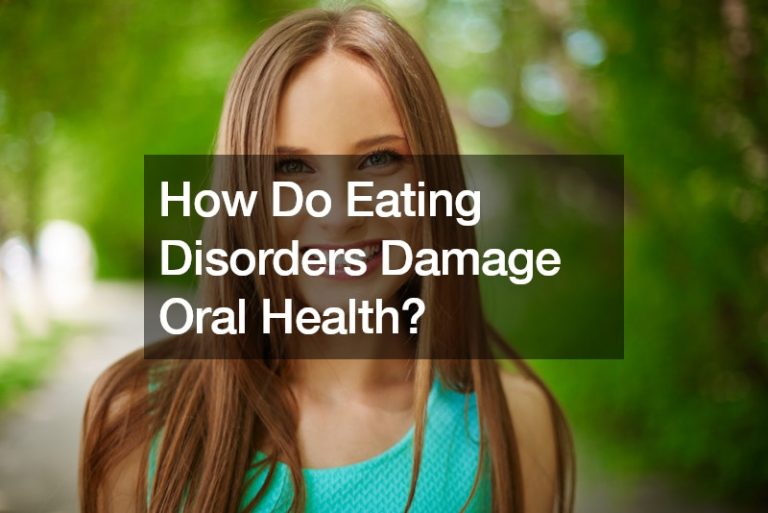

Maintaining healthy-looking teeth isn’t just about what you do; it’s equally about what you don’t do. Every day, we’re faced with choices that can impact the health of our smile, from the first sip of our morning coffee to our nighttime snack. But fear not. Identifying and sidestepping these dental pitfalls doesn’t require you to live a joyless life. Instead, it’s about making informed choices that keep your pearly whites in top shape. In this guide, we’ll unveil the top 10 foods, drinks, and habits to avoid if you aim for that sparkling, healthy-looking grin. With this knowledge, you can make choices that protect and preserve your dental health, keeping your smile bright and cheerful for years.
1. Alcohol
When it comes to maintaining healthy-looking teeth, alcohol is one of the contenders you’ll want to watch out for. It’s not just about the sugar content in some alcoholic beverages; it’s also about their tendency to dry out your mouth. A dry mouth lacks saliva, which naturally helps to clean teeth and gums, reducing the risk of decay and gum disease. Over time, excessive alcohol consumption can lead to serious dental issues, including the weakening of the structures that support dental bridges.
Furthermore, alcohol’s acidity can wear down the enamel on your teeth. This hard, protective outer layer protects your teeth from many problems. Once the enamel is weakened, your teeth become more vulnerable to cavities and decay, detracting from those teeth you aim for. It’s a slow process, but each sip can contribute to long-term damage, making your teeth more susceptible to staining and discoloration.
It’s not to say that you must give up on enjoying a glass of wine or a beer entirely, but moderation is key. Opting for water between drinks can help mitigate negative effects by hydrating your mouth and diluting acids and sugars. Regular dental check-ups can help catch any potential issues early on, ensuring your smile remains bright and healthy. Remember, achieving and maintaining a beautiful smile doesn’t mean sacrificing all of life’s pleasures; it’s just about making smarter choices for your dental health.
2. Citrus

While packed with Vitamin C and other essential nutrients, citrus fruits can be a double-edged sword in maintaining healthy-looking teeth. The acid content in oranges, lemons, and grapefruits can erode tooth enamel, making your teeth more susceptible to decay. Your local dentist might suggest enjoying these fruits in moderation and rinsing your mouth with water afterward to minimize the acidic impact.
Incorporating citrus fruits into your diet isn’t bad, but knowing their effects on your dental health is crucial. Over time, the acidity can wear down the enamel, leaving teeth vulnerable to cavities and sensitivity. It’s a wise choice to wait a while before brushing your teeth after consuming citrus, as brushing too soon can cause more harm to the softened enamel.
For individuals who can’t resist their citrusy delights, it’s advisable to seek guidance from a dental professional on how to include them in a teeth-friendly manner. Regular dental check-ups can help detect early signs of enamel wear and offer strategies to protect your teeth. Finding the right balance and making informed choices can keep your smile bright and your teeth healthy.
3. Carbonated Drinks
Carbonated drinks, including sodas and sparkling waters, can be a significant adversary in maintaining healthy-looking teeth. The sugar and acids found in most carbonated beverages pose a substantial risk to the enamel and contribute to the development of cavities. It’s not just the sugar-laden varieties that warrant concern; even sugar-free options contain acids that can weaken tooth enamel over time. Limiting your intake of these fizzy temptations might be wise to safeguard your dental health.
Moreover, the acidity in carbonated drinks can further aggravate periodontal care issues, threatening the overall health of your gums. Periodontal disease, which involves the inflammation and infection of the gums, can be aggravated by regular consumption of acidic beverages. For individuals striving to maintain robust periodontal health and keep their smile radiant, substituting carbonated drinks with water or milk can be a beneficial move. Remember, prevention is key to avoiding long-term dental complications.
While the occasional carbonated drink may not spell disaster for your dental health, habitual consumption can lead to significant issues. Adopting healthier beverage choices ensures your teeth remain strong and your smile brightens. Consulting with a dental professional can provide personalized advice, ensuring your dietary habits support your quest for healthy teeth, not undermine them.
4. Coffee

Coffee, a beloved morning ritual for many, often comes under scrutiny in discussions about dental health. Many general dentists practices highlight coffee’s potential to stain teeth, detracting from the natural whiteness and contributing to a less vibrant smile. Yet, it’s not just the aesthetic aspect; the acidity in coffee can also affect the enamel, making teeth more susceptible to decay.
While it’s popular for its energizing effects, coffee’s impact on oral health can’t be ignored. Frequent coffee drinkers might notice their teeth don’t retain their healthy-looking sheen, a consequence of the beverage’s dark pigments adhering to the tooth enamel. To mitigate these effects, dentists often recommend drinking water alongside coffee to help rinse away staining agents and neutralize acidity.
Incorporating simple habits can significantly reduce coffee’s adverse effects on dental health. Using a straw, for instance, minimizes contact with teeth, and regular dental cleanings can help address any staining before it becomes pronounced. Ultimately, enjoying coffee in moderation and adhering to a diligent oral care routine can help ensure that your pursuit of an energizing boost doesn’t compromise your quest for healthy-looking teeth.
5. Smoking
Smoking is another habit that significantly impacts oral health, often discussed extensively by denture dentists as a leading cause of tooth discoloration and gum disease. The nicotine and tar in tobacco easily stain teeth, making them look yellow or brown over time. In addition to aesthetics, the chemicals in cigarettes contribute to the deterioration of the gum tissue, elevating the risk of periodontal diseases.
In addition, smoking isn’t just an enemy of healthy-looking teeth; it also affects the mouth’s ability to heal, slowing down recovery after dental procedures. Dentists frequently caution their patients about the prolonged healing times and increased risk of complications, such as infections, associated with smoking. This habit can also lead to more serious dental issues, including oral cancer.
Quitting smoking can drastically improve oral health, restoring some damage to the gums and teeth. A denture dentist can offer a range of treatments to help reverse staining and manage gum disease, but stopping the cause is paramount. Replacing the habit with healthier alternatives and following a strict oral hygiene routine can significantly contribute to maintaining healthy teeth and overall well-being.
6. Aggressive Brushing

While keeping our teeth clean is critical, our approach can sometimes do more harm than good. A common mistake highlighted in many dental offices is aggressive brushing. Some think scrubbing their teeth forcefully makes them whiter and removes more plaque. Still, it can wear down your enamel and irritate your gums, moving you further away from having those healthy-looking teeth you aim for.
Experts argue that using a softer touch is more beneficial. When you brush too hard, you risk the health of your enamel and push your gums back. This can lead to gum recession and expose the roots of your teeth, making them more sensitive to hot and cold. Dentists always advise opting for a toothbrush with soft bristles and gently cleaning your teeth in a circular motion to prevent these issues.
Understanding the right technique and pressure for brushing is crucial, and your dental office can offer personalized advice on achieving this balance. This way, you can ensure that your oral care routine is effective without being destructive. Keeping brushing gentle helps maintain the integrity of your teeth and gums, significantly preserving those teeth.
7. Chewy Snacks
Chewy snacks, often beloved by people of all ages, can be a silent threat to maintaining healthy-looking teeth. These sticky treats tend to linger on the teeth longer than other types of food, providing a feast for the bacteria that live in our mouths. This is also a concern in pet dentistry, where chewy treats contribute to plaque buildup in animals, emphasizing the universal impact of diet on dental health. It’s not just about avoiding sugary snacks; it’s about understanding how the texture of what we consume can impact our oral hygiene.
The problem with these snacks is their sugar content and tendency to stick to the crevices of our teeth and gums. This makes them particularly challenging to completely remove, even with thorough brushing and flossing. Over time, the remnants of these snacks can contribute to tooth decay and gum disease, pushing us further away from the goal of having healthy teeth. Sidestepping these chewy temptations means looking out for your dental health and making choices that benefit your overall well-being.
Considering healthier alternatives is key to avoiding the pitfalls of chewy snacks. Opting for crisp fruits and vegetables can satisfy that need for a snack while helping to clean your teeth. Foods like apples, carrots, and celery can act like natural toothbrushes, rubbing away plaque as you chew. Integrating these healthier options into your diet is a simple yet effective strategy for preserving your smile. Remember, when it comes to maintaining those pearly whites, it’s not just what you avoid but also what you choose to consume that counts.
8. Hard Candy

Hard candy might seem harmless, but it’s a hidden menace to healthy-looking teeth. The prolonged exposure to sugar as the candy dissolves in your mouth creates a perfect storm for dental decay, where bacteria thrive and produce harmful acids. Indulging in these sweets can often lead to unexpected visits to an emergency dentist, thanks to chipped or broken teeth.
Unlike softer foods that are quickly chewed and swallowed, hard candy lingers in the mouth, continuously bathing the teeth in sugar. This constant sugar exposure is a major risk factor for developing cavities, giving bacteria more time to feed and produce decay-causing acids. If you’re not careful, what starts as a sweet treat can quickly become a sour experience for your oral health.
If you’re craving something sweet, sugar-free gum or hard candies might be a better alternative. These options can help satisfy your sweet tooth without the prolonged sugar exposure that puts your teeth at risk. Remember, maintaining healthy teeth is about making smarter choices, so the next time you reach for a snack, consider how it will affect your smile.
9. Ice
Chewing on ice might seem harmless, but it can jeopardize healthy-looking teeth. The hardness and ice temperature can cause cracks or chips in teeth, leading to a potential visit to your local orthodontist. Resist the urge to crunch on those ice cubes if you’re aiming to maintain a radiant smile.
Many don’t realize that regularly chewing ice can lead to tooth sensitivity over time. This habit can wear down the enamel, the outer layer that protects your teeth, making them more susceptible to dental issues. To keep your teeth in top-notch condition, it’s best to enjoy your drinks without the added crunch.
If you crave that crunchy texture, choose healthier, teeth-friendly alternatives like baby carrots or apple slices. Swapping out ice for these nutritious options can satisfy your craving without putting your teeth at risk. Remember, caring for your teeth involves being mindful of your daily habits and ensuring you keep your smile healthy and bright.
10. Nail Biting
Nail biting is another habit that’s tough on your teeth, a concern echoed by general dentistry professionals. It’s not just about the unsightly appearance of chewed nails; this habit can also introduce harmful bacteria into your mouth, undermining oral health. Over time, the constant gnawing can lead to wear and tear on your teeth, making those healthy teeth a bit more challenging to maintain.
You also put undue stress on your teeth when constantly biting your nails. This can lead to chips or cracks, necessitating a visit to your dentist. It’s a habit that seems harmless initially but can have long-term consequences on your dental well-being.
Finding alternatives to nail biting is essential to protect your smile. To keep your hands occupied, engage them with a stress ball or other fidget toys. Remember, preserving your healthy-looking teeth starts with being mindful of your habits and ensuring they’re not secretly sabotaging your smile.
In conclusion, maintaining healthy-looking teeth requires balancing indulgence and moderation in our daily habits. By being mindful of what we consume, such as limiting alcohol intake, citrus fruits, carbonated drinks, and coffee, and avoiding smoking, aggressive brushing, chewy snacks, hard candy, ice, and nail-biting, we can safeguard our dental health. Making informed choices and seeking guidance from dental professionals ensures we enjoy life’s pleasures while preserving our radiant smiles for years.


